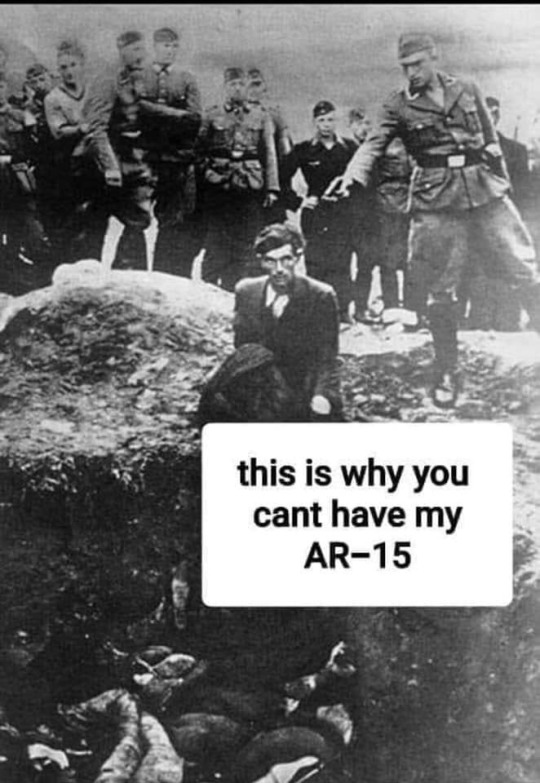Ukraine’s scenes of urban rubble, streams of refugees, and piles of slaughtered civilians redolent of World War II. Continuing masks and lethal lockdown protocols of the Covid plague. Record levels of inflation and gasoline nearly $6 a gallon. Unchecked hordes of illegal immigrants and criminals penetrating our southern border. Mayhem, murder, and brazen theft stalking and defacing our cities.
Amidst these portents of apocalypse, it’s instructive to think of W.B. Yeats’ prescient poem “The Second Coming,” and its lines “Mere anarchy is loosed upon the world,/The blood-dimmed tide is loosed,” and to wonder with the poet, “What rough beast, its time come round at last,/ Slouches towards Bethlehem to be born?”
Such intimations of doom, of course, have been regular episodes in the last hundred years, the “rough beasts” ending up as pretenders. But we can’t rely on the cycles of history to prevent devastating changes in our way of life that will make the previous decades seem like the golden age.
Yeats published his poem in November 1920, when the flawed Versailles settlement of the Great War made optimism for the future difficult. Some knew, moreover, that none of the dysfunctions that had led to war had been corrected. Supreme Allied Commander Marshall Foch prophesized about the Versailles Treaty, “This is not peace. It is an armistice for twenty years.” Communism, Nazism, and Fascism arose, and the Great Depression was the crisis these three vicious political religions did not let go to waste.
Throughout the interwar period, the portents of doom appeared in popular novels and “next war” theorists. “Trench reminiscences” proliferated, keeping alive the novel horrors of the war like poison gas, machine-guns, and artillery lobbing monstrous shells as heavy as a ton. The aerial bombing of the war’s last years inspired numerous warnings about the even more devastating possibilities of destruction from the air in the next war. Theorists wrote of a “knockout blow” on a nation’s capital that would decapitate the government and turn the streets into “one vast raving bedlam,” as historian J.F.C. Fuller put it.
This obsession with the “next war” created a “never again” mentality that contributed to the anxiety and low morale of the period, stoked by Prime Minister Stanley Baldwin who famously said, “The bomber will always get through.” Years later Prime Minister Harold Macmillan would write, “We thought of air warfare in 1938 rather as people think of nuclear warfare” during the Cold War. All this fear contributed to the mentality of appeasement manifested in Munich.
But the end of times didn’t come. The war that followed was won because the steadfast opponent of appeasement Winston Churchill managed the war, and with his rousing patriotic rhetoric restored confidence and morale by rejecting what he called the “unwarrantable self-abasement” that defined the Thirties.
Another apocalyptic moment occurred in the Seventies. The squandering of the lives of nearly 60,000 American soldiers that followed Congress’s denial of aid to South Vietnam, and the cruel abandonment of our Vietnamese allies, damaged American prestige abroad and emboldened its nuclear rivals like the U.S.S.R. The ginned-up Watergate affair led to Richard Nixon’s resignation, and in a few years the election of Jimmy Carter. Carter’s sermons about America’s “recent mistakes,” his counsel that Americans should not “dwell on remembered glory” but should “recognize its limits,” and his confession that the nation should “simply...






























